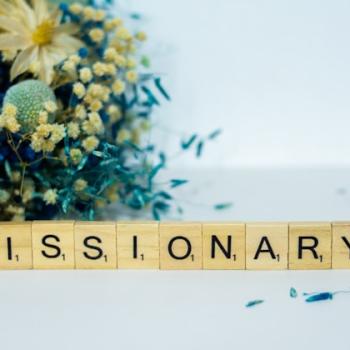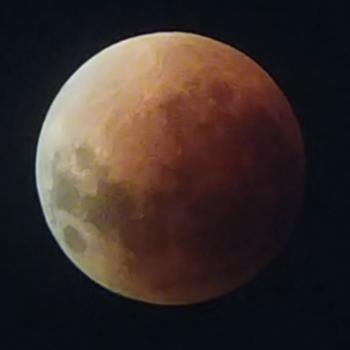Yes, the Irish polytheist religion that many people today are attempting to practice, whether through reconstructionism or some other methodology, was an indigenous tradition to Ireland (sort of...we'll ignore that the "Celtic" homeland is pretty well agreed not to be Ireland, and thus any "Celtic" religion practiced there is not truly indigenous, though it certainly mixed with local traditions and gave significance to the gods of that land and their sacred places as time went on). The same is true of Greek polytheism...sort of. And, again, because the Greeks traveled widely and colonized many areas, it's a bit harder to say that the Greek polytheism practiced in Lycia or Crete or Magna Graecia was truly indigenous, though it did also combine with local traditions, as polytheist/animist religions do almost instinctively whenever they spread into new territories. The same could be said about nearly any cultural polytheism from the premodern period.
But, are British Traditional Witchcraft practitioners in the U.S. practicing an "indigenous" religion? No, not really, I don't think, because by definition, that religion was created and grew up in a land and a culture quite different from the U.S. The same is true of any "ethnic" polytheism that is practiced in the U.S., Canada and Australia, as well as many other places. At very best, those various ethnic polytheisms and the forms of modern Paganism that they have inspired are diasporic religions, but they are not indigenous religions unless they are practiced in the land which gave them—and the cultures who practiced them—their original shape.
(Hoodoo, and the various Afro-Diasporic religions—ironically enough!—are in many respects more indigenous than many other non-Native, Central or South American religions that are practiced in the U.S., the Caribbean, Mexico, Brazil and other places, since they combined with the practices of the places where they eventually came to rest, which is why Santeria is a bit different than Vodou, which is a bit different than Candomblé, etc. But, that's another can of worms entirely!)
I know that many modern Pagans and polytheists are socially marginalized because of their religion, and some are economically disadvantaged (whether it is connected to their religion or not is impossible to generalize), and many even have the experience of having been discriminated against; I've experienced all three of these things personally. Nonetheless, the vast majority of modern polytheists and Pagans have not had an ongoing campaign of being removed from their lands, having near-genocide committed against them, and having an aggressive campaign of assimilation perpetrated on them by colonizing governments and missionizing religious institutions that likewise will never allow them to be "fully" accepted into their majority, mainstream society due to racism and other factors.
We can all agree that discrimination in any form sucks, and that political and social marginalization is not at all fun to endure and shouldn't go on. But, when governmental and institutional resources are marshaled in a continuous effort against a particular population quite blatantly and openly in their laws and policies for several centuries, I think it's more than fair to say that indigenous populations have fared far worse than most modern Pagans and polytheists. Pagans can lose their jobs for their religion or have custodial rights taken from them in interfaith divorces; many indigenous people can't get jobs in the first place, and many indigenous children over the years have been literally kidnapped and put into re-education programs, with their language and native ways beaten out of them, often quite literally. Even in the forms of discrimination some modern Pagans and polytheists endure, we're somewhat privileged in comparison to many indigenous peoples!
So, when the attempt of some modern Pagans and polytheists to identify as "indigenous" in their practices goes on, I get very uneasy indeed, and I feel it's almost like cultural appropriation all over again. Many modern Pagans and polytheists are sensitive to this matter where Native Americans are concerned, as well as other cultures; but, it's not a sensitivity that is carried over into terminological choices in this regard. No, no one individual or culture "owns" the word "indigenous." But as a classification for a very real type of culture that is under very real threat in the modern world, it doesn't feel just or genuine to me to group ourselves under that term, with all its political baggage, no matter how similar many of our theological views might be.
I am a native of the place where I was born, and I live in that same general area now; nowhere else feels like home to me, and this is my psychic and cosmic landscape that I carried with me, whether I lived on the other side of the state, the other coast of the U.S., or on another island off the northwest coast of Europe. I don't happen to practice the religion nor belong to the culture of the people who have lived the longest on that piece of land where I was born, and whose culture was shaped by that land, and the gods within and upon it. I have done all I can to get to know the land where I live as much as possible, and to honor the gods, spirits and powers of it and within it, and to know the people who have lived here, and to study the history of the peoples and families from whom I have come. Greece, Rome, Egypt, the Near East, Ireland, Britain, Gaul and even India and Japan have had significant influences on my religious outlook and my spiritual practices, drawn from the indigenous traditions of those lands. Far-flung seeds from far-off soils have landed here and sprouted, putting down roots and sending out leaves in the form of my person and my practices.





